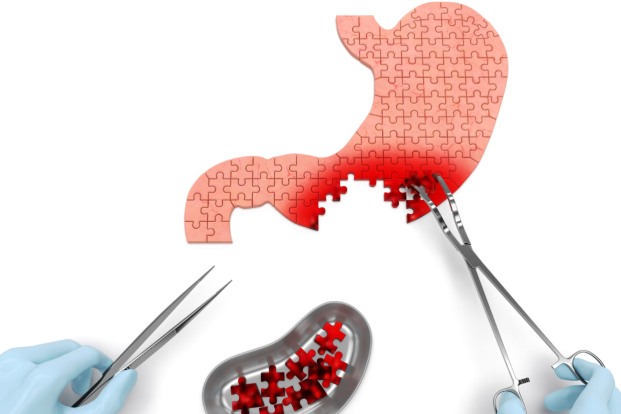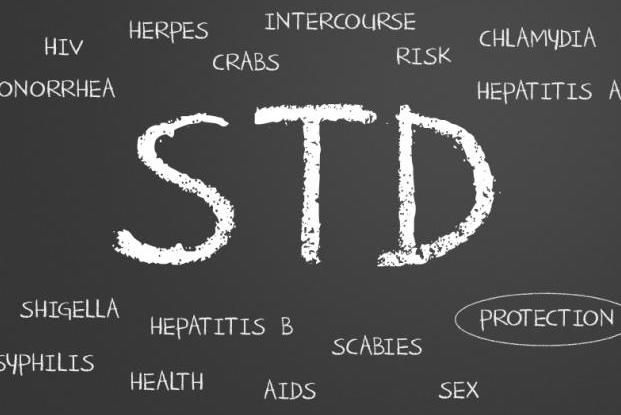Categories
- Bariatric Surgery (11)
- Black Fungus (5)
- Bone Marrow transplant (3)
- Brain Tumor Surgery Navigation Technology (20)
- Cardiac Surgery (66)
- Cardiology (97)
- Computer navigation technology for joint replacements (20)
- Covid Vaccination (17)
- Critical Care (2)
- Dental (19)
- Dermatology (31)
- Dialysis Support Group - “UTSAAH” (11)
- Dietitian (33)
- Emergency Medicine (4)
- Emotional Health (11)
- Endocrinology (33)
- ENT (20)
- Gastroenterology and GI Surgery (53)
- General and Laparoscopic Surgery (21)
- General Surgery (4)
- Gynecology & Obstetrics (183)
- Hematology (20)
- Internal Medicine (294)
- Kidney Transplant (50)
- Kidney Transplantation (20)
- Lung Cancer (8)
- Minimal Invasive Surgery (1)
- Mother & Child (20)
- mucormycosis (5)
- Nephrology (61)
- Neurology (147)
- Neurosurgery (68)
- Nutrition and Dietetics (107)
- Omicron Variant (1)
- Oncology (288)
- Ophthalmology (10)
- Orthopaedics & Joint Replacement (86)
- Paediatrics (59)
- Pediatric Nephrology (3)
- Physiotherapy (5)
- Plastic & Reconstructive Surgery (6)
- Psychiatry and Psychology (90)
- Psychologist (28)
- Pulmonology (72)
- Rheumatology (13)
- Spine Services (21)
- Transradial Angioplasty (16)
- Urology (84)
Query Form
Posted on Apr 19, 2022
What are GI cancers?
Cancer occurs when there is the uncontrolled growth of abnormal cells in the body. Gastro-intestinal (GI) cancers are cancers of the digestive system. These include cancers of the esophagus, stomach, liver, gallbladder, pancreas, small intestine, colon, rectum, and anus.
When clubbed together, GI cancers are the most common cancers prevalent in the world as well as in India, accounting for approximately 20% of the cancer burden in this country. It is also the most common cause of cancer-related deaths. In India, around 2,27,000 new cases of GI cancers are detected each year and around 1,82,000 people die due to these cancers each year.

Signs and Symptoms associated with GI Cancers:
Warning signs of these cancers are commonly a loss of appetite, weight loss, blood in stools, abdominal pain, or jaundice.
These symptoms are not necessarily due to cancer but should warrant a consultation with a doctor if the symptoms persist for more than a couple of weeks. As awareness about cancer is increasing, more people are detected at earlier stages and are able to be cured. However, many of these cancers are still detected late due to the late presentation of symptoms or the lack of awareness.
How is GI cancer’s treated?
Most patients require a multidisciplinary management plan, with contributions from the surgical oncologist, medical oncologist, radiation oncologist, and other doctors who are experts in the field. It is, therefore, imperative to seek management in centers with are well-versed in dealing with cancer.
Surgery is usually the only chance of cure. Resection (surgery) is generally offered to patients who present at relatively earlier stages, although a few patients like in colorectal cancer, can aim for a cure even in stage 4 disease (when the disease has spread). Most surgical procedures can be safely and effectively performed through minimally invasive techniques (laparoscopy/robotic surgery).
Other treatment options include chemotherapy, radiation therapy, or combinations of various therapy. Immunotherapy is also finding a role in the treatment of certain advanced cancers. With the improved understanding of tumour biology and superior treatment technology and skill sets, survival of patients and improvement of the quality of life is getting better year by year.



